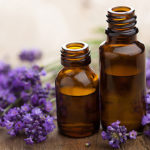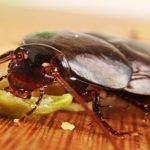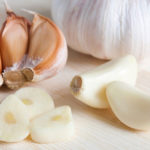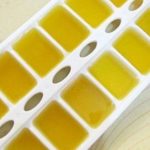It is believed in traditional medicine that certain foods can either complement or counteract each other. Consuming foods that counteract may lead to adverse reactions in the body, hence the caution against eating them together. Honey, a well-known health food, is one such example, and should not be eaten with the following:
Avoid Honey with Raw Garlic and Onions
Honey has a warm, sweet nature, while garlic and onions are spicy and hot. The combination, according to folk wisdom, can lead to heat accumulation and abdominal distension. It is best to avoid honey with these vegetables, especially in large quantities, as the side effects are dose-dependent.
Similarly, honey should not be paired with shallots, another member of the onion family.
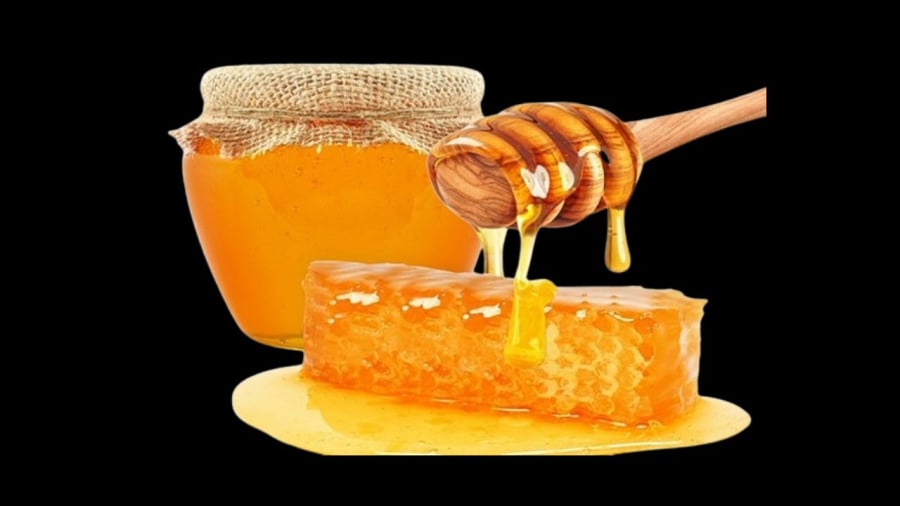
Honey: A Potential Health Hazard When Combined with Certain Foods
Honey: A No-Go with Soy Milk and Tofu
While both soy milk and honey are nutrient-rich, their combination can lead to precipitation and subsequent digestive issues, including abdominal distension and even death. The reaction between enzymes, minerals, and plant proteins in honey and soy can cause toxicity and diarrhea due to the formation of indigestible clumps.
Tofu, being made from soybeans, falls under the same category and should not be consumed with honey. The interaction between minerals, plant proteins, organic acids in tofu, and enzymes in honey can lead to unfavorable biochemical reactions in the body.
Honey and Tofu Pudding: A Recipe for Discomfort
Tofu pudding, or “tào phớ” in Vietnamese, is a soy-based dessert. Its sweet, cooling nature is believed to clear heat and promote blood circulation. However, when paired with honey, it can cause diarrhea due to the biochemical reaction between the enzymes in honey and the minerals, plant proteins, and other components in tofu pudding.
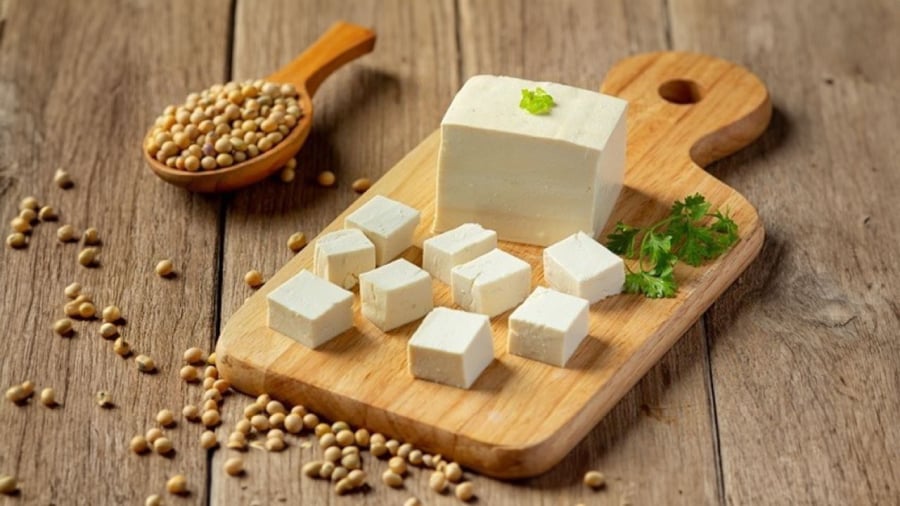
Soybean Products: A No-Go with Honey
Honey and Carp: A Toxic Combination
Carp is a nutritious fish, but when combined with honey, it can lead to immediate poisoning. In such cases, black beans and licorice are recommended as antidotes.
Honey and Dill: A Potential Gut Bomb
Dill is a herb commonly used as a condiment with fish, and it also has medicinal properties. However, according to folk wisdom, combining honey and dill is not advisable. In practice, dill is usually used in small quantities, which may not be sufficient to cause a significant reaction in the body.
Traditional beliefs, while informative, require further scientific investigation. As a precaution, it is best to avoid excessive consumption of these foods in combination, as it may lead to digestive issues. Additionally, when purchasing honey, ensure it is pure and not adulterated with sugar, as this can negatively impact health by causing rapid increases in blood sugar, weight gain, and accelerated aging.
Honey, despite its health benefits, has a warming nature. Individuals with a “hot” constitution, characterized by warm palms and soles, a tendency to feel hot, heartburn, acid reflux, or other similar symptoms, should consume honey in moderation (1-2 teaspoons per day) or avoid it altogether. Excessive consumption may lead to restlessness, discomfort, chest tightness, and insomnia in these individuals.
Lastly, honey should not be refrigerated, as it tends to crystallize and form solids. Over time, honey may also darken in color compared to fresher batches.
How to Effectively Treat Fishbone Issues at Home
Everyone loves feasting on the deliciousness of fish during the holidays. But, unfortunately, choking on fish bones is an unavoidable issue that may lead to devastating consequences if left unattended for a prolonged period. Let’s see how Dien May Xanh can help us out when fish bones get stuck in our throat.
























